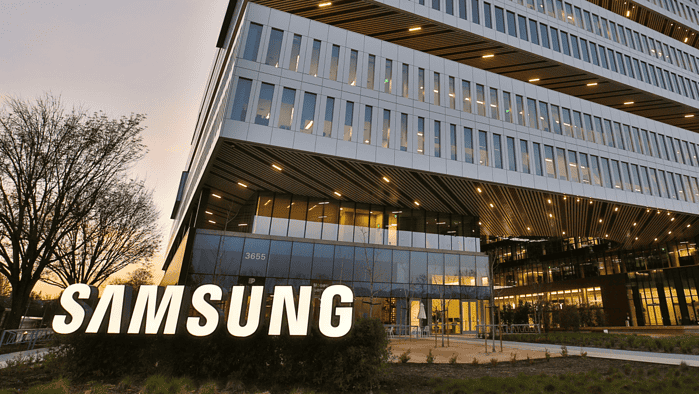Samsung & Microsoft want to measure carbon emissions a lot more efficiently
2 min. read
Published on
Read our disclosure page to find out how can you help MSPoweruser sustain the editorial team Read more
Key notes
- Samsung, Microsoft, Amazon, and Carbon Trust track real-time emissions from connected devices.
- The method focuses on use-phase emissions, which improves accuracy.
- It aims for better transparency and annual emissions reporting.

Samsung, along with tech giants like Amazon and Microsoft, has recently introduced a new method to measure and reduce carbon emissions from connected devices while they’re in use.
The South Korean tech giant announces that these tech giants are teaming up with Carbon Trust for the approach. It focuses on real-time data from devices while they are being actively used by customers instead of the traditional way to estimate emissions by using lifetime forecasts.
“Globally, connected devices currently require approximately 500 terawatt-hours (TWh) of energy annually — similar to France’s total energy use,” says Samsung, whose recent initiative is a part of the Decarbonizing the Use-Phase of Connected Devices (DUCD) program.
So by this approach, which may also become a new industry standard any time soon, companies can assess and report emissions a lot more accurately — focusing on use-phase emissions, which constitute the majority of a device’s lifetime emissions.
“Improved accuracy of GHG (greenhouse gas) emissions calculations combined with annual reporting increases transparency of product impacts for stakeholders and allows organisations to demonstrate GHG emissions reductions for actions taken to improve energy efficiency,” says Carbon Trust in the program’s guidance.
Microsoft is among the tech giants with the highest spending on electricity use alongside Google, especially as the AI race heats up. Just last year alone, both Microsoft and Google data centers consumed 24 TWh of electricity, surpassing the energy usage of countries like Iceland and Azerbaijan.
The growing demand for data centers, driven by AI operations, has led to a significant rise in emissions for both companies, with Google’s emissions increasing by 48% and Microsoft’s by 30%.









User forum
0 messages